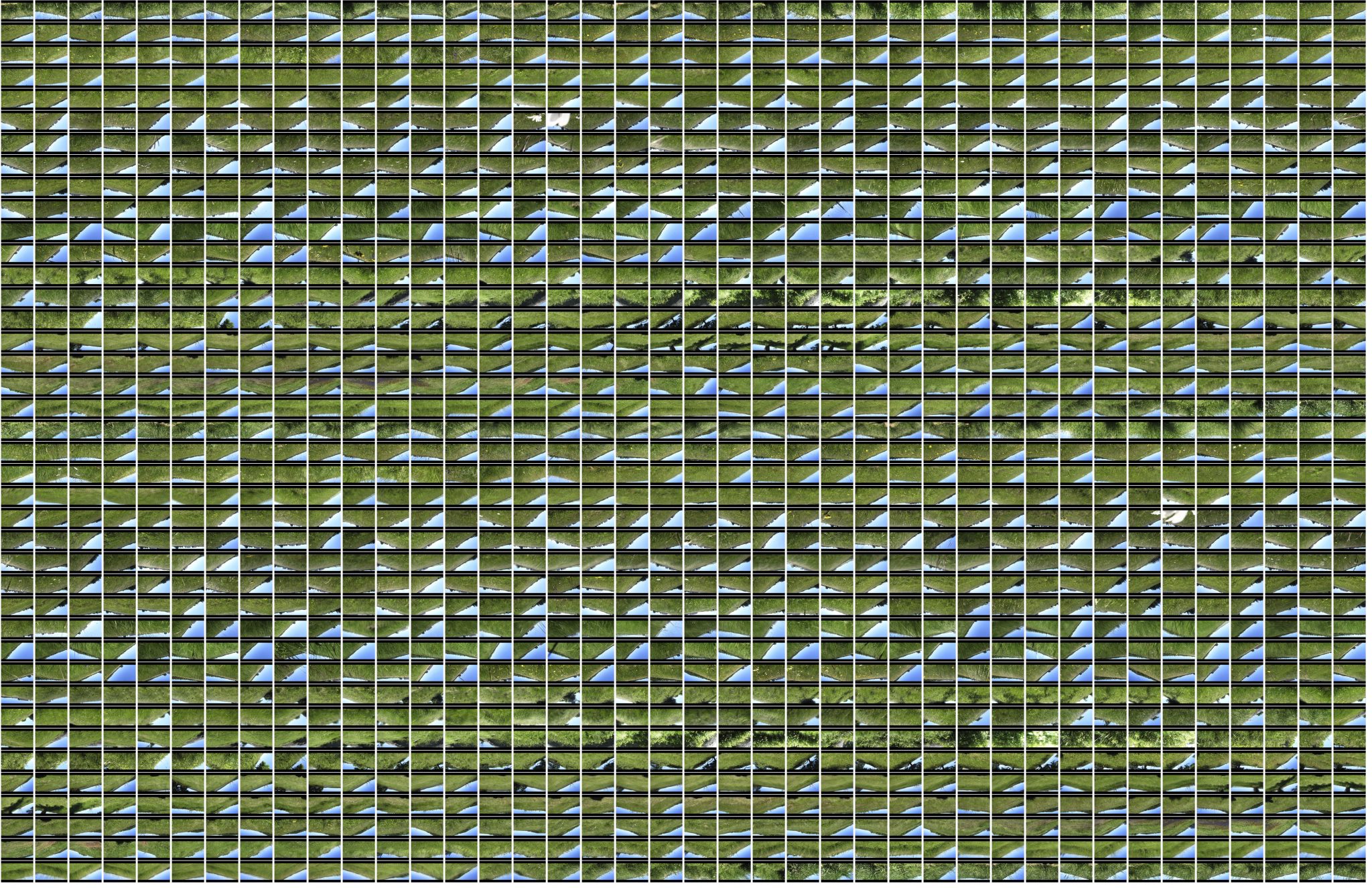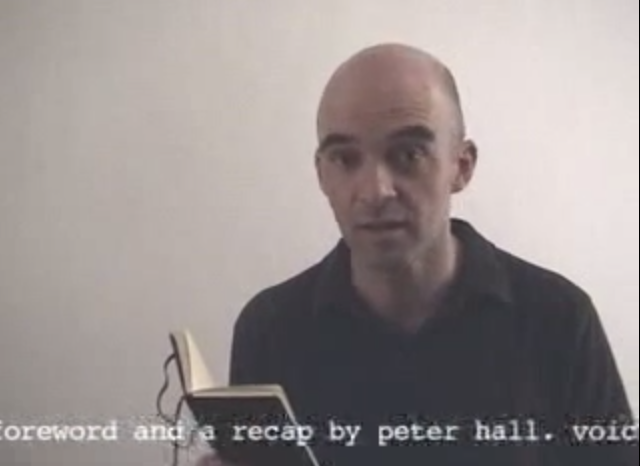1. Preheat to Gas Mark 5. Roll out. Wrap. Refrigerate.
The barn at Sparrow Farm stays outside the circumference of my walk. The anchor point of my loop is the center of the meadow abuzz with summer insects. I am a pedestrian among the unpedestrian. As I’m walking, I’m thinking, always thinking; today thinking about other tasks that could be “being done.” Reminded, though, of this: “[Walking] strikes the delicate balance between working and idling, being and doing. It is a bodily labor that produces nothing but thoughts, experiences, arrivals.”1 Walking is one of the best ways to access a place.
2. Peel and slice keeping attached at root end. Arrange concentrically. Season. Caramelise.
I like to think (and
the sooner the better!)
of a cybernetic meadow
where mammals and computers
live together in mutually
programming harmony
like pure water
touching clear sky. 2
I think about this passage as I walk through the high grass interrupted by a momentary pause: Should I be worried about ticks? I notice how the ground swells up to meet the sky. I feel my boot sink into the wet earth. Repeat, like a programmatic for-then loop. The two movements — one high, one low — mimic the act of printing. Relief inked, paper printed. I notice that the world is relief, earth-image printing on the sky. My walk has become a “circular causation” around Sparrow Farm on a sunny June day.
3. Lay disc over. Bake until golden. Invert.
On the New York State of Regents Comprehensive English Test in 2002 a multiple choice question asked this:
What does the speaker suggest about the relationship between mammals and computers in cybernetic meadow?
(1) They influence each other in positive ways.
(2) They compete with each other for domination.
(3) They are unaware of each other’s existence.
(4) They tend to avoid each other.
Months after leaving the island, I am walking and thinking about the Sparrow Farm meadow. I am wondering, “Is it a cybernetic meadow?” Richard Brautigan’s poem “All Watched Over by Machines of Loving Grace,” used in the New York State English Test, has been a constant touchstone and recurring idea in my thinking. The poem’s idealism — a world where nature is restored because of technology — is at stark odds with Ray Bradbury’s vision of a future where technology eviscerates man’s ability to enjoy nature, have meaningful conversations, or think independently. I am fascinated by the tension of these two ideas. In an odd cybernetic way, I learn that Richard Brautigan’s poem was printed in the first Whole Earth Catalog. The physical loop around Sparrow Farm becomes the intellectual loop around “access”.


1 Solnit, Rebecca, Wanderlust, 2001 Penguin Books
2 Brautigan, Richard, All Watched Over by Machines of Loving Grace, 1967, Communication Company


